UNBA succeeded in defending the amendment proposals of advocates from all over Ukraine to the draft law "On the Bar and Practice of Law"
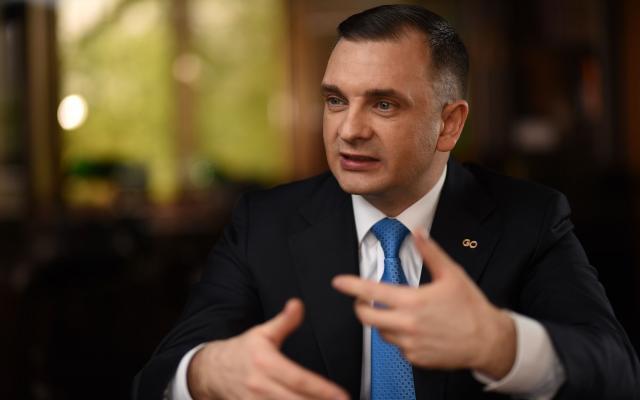
UNBA succeeded in defending the amendment proposals of advocates from all over Ukraine to the draft law "On the Bar and Practice of Law," concerning the strengthening of the professional rights and guarantees.
Some of the amendments agreed in the Working Group change provisions on advocate's professional rights, including changes to the Code Criminal Procedure, which are meant to improve advocate's procedural rights in court.
"Following the discussions in the working group, this part of the draft law may be called complete, and it expanded the rights of lawyers and strengthened the guarantees of their activities. From this point of view, the draft law in the current version can be cautiously considered as an accomplishment of the legal profession. You know how risky has the profession become lately," - said UNBA/BCU Vice-President Valentyn Gvozdiy, who is a member of the Working Group from UNBA. After the resumption of the Working Group meetings on January 15 this year, UNBA managed to bring into discussion and agree most of the proposals from the entire legal community of Ukraine in a rather constructive manner.
At the same time, UNBA categorically disagrees with the ideologists of the draft lawl on three fundamentally important points:
- access to profession;
- bar self-government;
- advocate's monopoly;
These points, as currently worded, are not acceptable for the reasons given below.
Access to profession
Ideologists of the draft law proposing to restrict access to the profession by admitting only judges, or trainees after two years of work experience. Only these two categories will be allowed to take the Bar exam. Meanwhile, the transitional provisions of the draft law even propose to make legal profession just a part-time activity, by allowing anyone, who at some point in life got a law degree, to pass the Bar exam, without the need to undergo traineeship. Also, the authors propose that Bar exam should be administered by a single central body - Higher Qualification Commission of the Bar (which will presumably become part of the UNBA). Such an approach is simply devastating for the profession. First and foremost, since 2021, the said provisions will unduly restrict access to the profession for future generations of lawyers and thus discriminate them, and second, opening the 'floodgates' for full five years to all those who wish to enter the profession without a proper traineeship may lead to highly undesirable consequences. Such 'innovations' will bring down the quality of advocates' corps, may draw into profession the people that don't have proper set of skills or simply disregard traditions of the profession. The new mechanism for passing the Bar examination, which involves the participation of three representatives of prospective HQCB in the process of administering exams in every region, poses apparent risks of corruption.
Lawyer's self-government
The draft law provides for the elimination of national and regional bodies of Bar self-government. Instead of Bar councils and QDCBs at the regional level, it is proposed to create single legal entity for every region - the Regional Chamber of Advocates (similar to the one in the former USSR and present-day Russian Federation). It is suggested that structure of such a legal entity should include the following bodies: the Bar Council of the region, the Qualification Commission of Advocates of the region, Disciplinary Commission of the Bar of the Region and the Bar Audit Commission of the region. The Chair of the newly-elected body will manage all regional Bar authorities and will have the entire regional budget for disposal.
At the national level, it is proposed to eliminate HQDCB as a distinct legal entity and create two separate chambers instead (Higher Qualification and Higher Disciplinary Chambers) within the structure of UNBA. In this case, the UNBA President will have the power to distribute the funds among the chambers on its own volition. In addition, it is proposed to destroy the unity of the Bar organization, by dividing it into two levels: regional and national. In fact, it is proposed to introduce a federal model for the Bar organization.
UNBA view this approach completely unacceptable since there is no valid justification for such drastic change, which will result in destroying the existing balanced, efficient model of advocates' self-government; dismantling of the existing system of checks and balances; imposing of the actual dictatorship of the Chair both at the regional and national levels. Besides, these masterminds seek to introduce lustration in relation to the current Bar leadership and limit their right to be elected to only one term. Such pseudo-reforms are a direct violation of the recommendations of the Venice Commission regarding the independence of the legal profession, which are implemented in the current law 'On the Bar and Practice of Law.'
"Without a strong, united self-governing organization, advocates' professional rights and guarantees will remain a mere declaration, the Bar will be weak, and advocates will be unprotected," as stated by Valentyn Gvozdiy.
Advocates' monopoly
The authors of the draft law proposed to introduce: (1) the right for an advocate to be employed by legal entities, and (2) the right for advocates working as civil servants, having suspended their right to practice law, to represent the interests of a relevant state body in court as an advocate. Regarding employment relations, UNBA believes that introduction of such a model is possible only after such advocates receive legislative guarantees of protection from potential pressure.
Regarding civil servants, the proposed model is corrupt in its essence, and therefore cannot exist, since advocates-civil-servants will thus be forced to undertake two incompatible activities - civil service and legal practice. The right for civil service advocates with suspended right to practice law to represent any client in a court violates the constitutional principle of the exclusive representation by an advocate in the court of law and gravely undermines legally defined advocates' professional rights and guarantees. UNBA further maintains that side-stepping the European standards in the process of reforming the Bar must not occur. The current system is built in accordance with the Joint Opinion of the Venice Commission and proved its organizational efficiency and the ability of the Bar to tackle all the issues within the legal profession by itself. Further reform should strengthen institutional stability of the self-government instead of introducing complicated bureaucratic procedures, the destruction of the unity within national system.
In essence, CJR, without any justification or reasoning, proposed to rebuild the entire system from the ground up (current self-government system will be liquidated). However, such a restart is doomed to failure.
By the end of the week, UNBA will submit to the Council for Judicial Reform an alternative view of these components of the draft law. According to the Workgroup Coordinator Viktor Korolenko, a roundtable discussion with representatives of the advocate's self-government will be held next week to discuss the Bar reform.
___________________________________________________________________________
For more information, news from advocates' self-government tune in for InfoUNBA Telegram channel.
Popular news
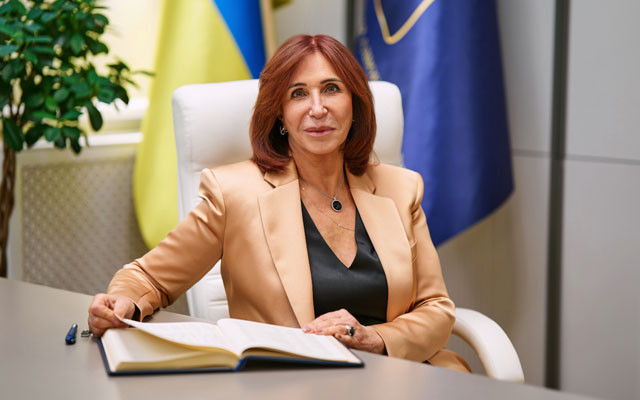
Advocacy
Another model should be introduced for the FLA system, - Lidiya Izovitova
Monitoring of the current state of functioning of the legal aid system shows the existence of significant and conceptual problems in the implementation of this assistance in Ukraine.
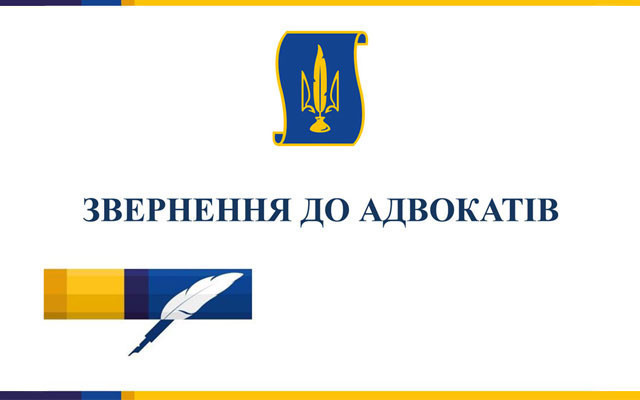
Advocacy
Violation of media guarantees of advocacy is being studied by the UNBA
An open appeal of the Ukrainian National Bar Association's Committee on Information Policy and Interaction with the Mass Media to the advocates.
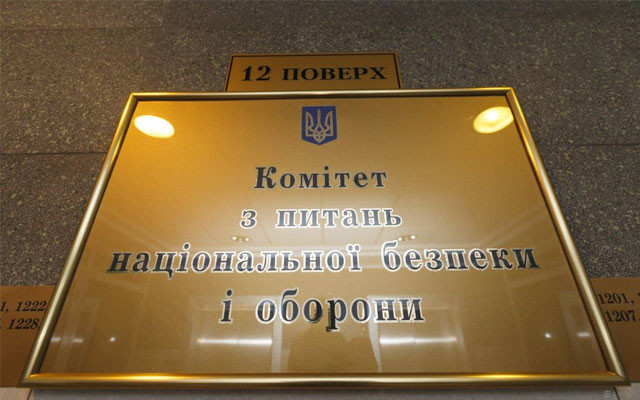
Advocacy
Lawyers are offered to be booked - amendments to draft law No. 10449
In their amendments to the draft law on strengthening mobilization, MPs propose to provide for the booking of lawyers. The goal is to prevent disruptions of court hearings.
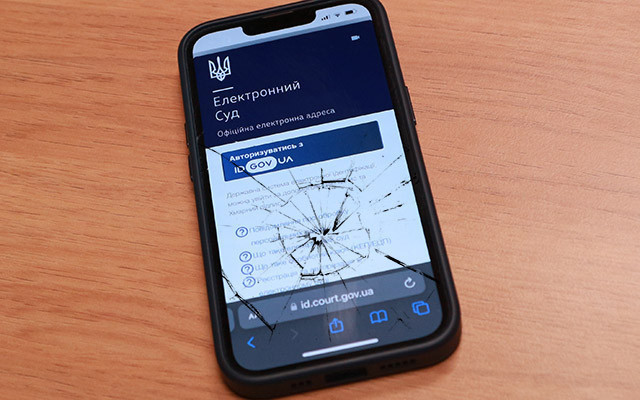
Advocacy
E-Court failures violate constitutional guarantees – UNBA
In recent days, the Ukrainian National Bar Association has received numerous reports from lawyers about technical failures in the operation of the Electronic Court subsystem. In particular, the complaints relate to the inability to log in to the electronic office, which restricts advocates in exercising their procedural rights, in particular, to submit documents and participate in court hearings in the videoconference mode.
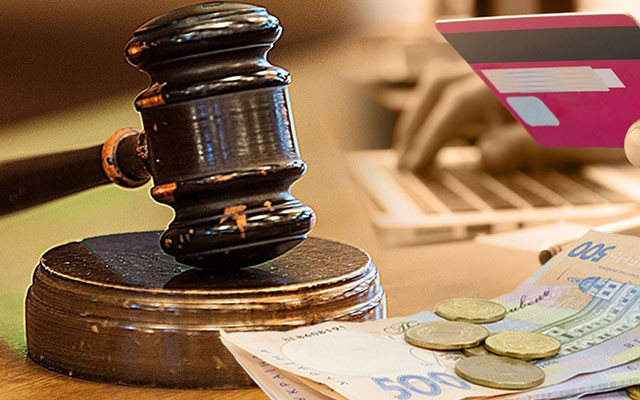
Advocacy
Fixed fee: time of work is important for reimbursement of attorney's fees – SC
The procedure for calculating the hourly fee differs from the fixed fee, which does not take into account the actual time spent. However, in both cases, they are taken into account when deciding on the reimbursement of legal aid expenses.
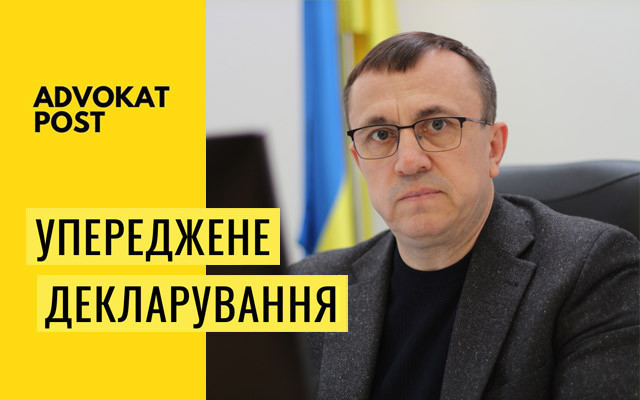
Advocacy
Attorneys' declarations: what does the changing position of the NAPC indicate?
When the Constitutional Court began to consider the case on the submission of declarations by representatives of the bar's disciplinary bodies, the National Agency for the Prevention of Corruption declared a constitutional crisis and threats to the entire declaration system. But earlier, officials had a completely different opinion on this issue.
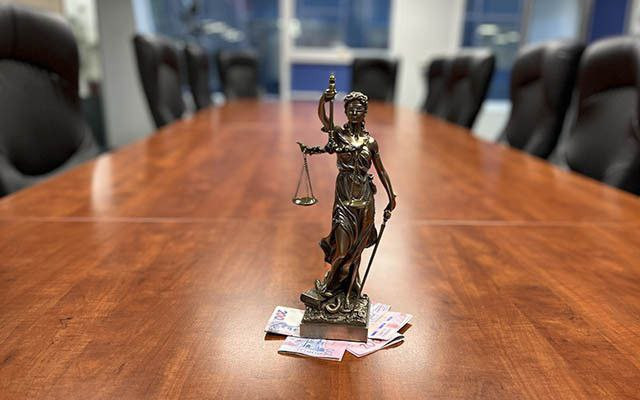
Advocacy
The price of a claim for minor disputes will be significantly reduced - draft law
The current amounts of the claim price (as a criterion for classifying a case as minor) are significantly higher than the subsistence minimum and minimum wage and do not correspond to the understanding of the case and the dispute in it as minor. Accordingly, they should be revised downward.
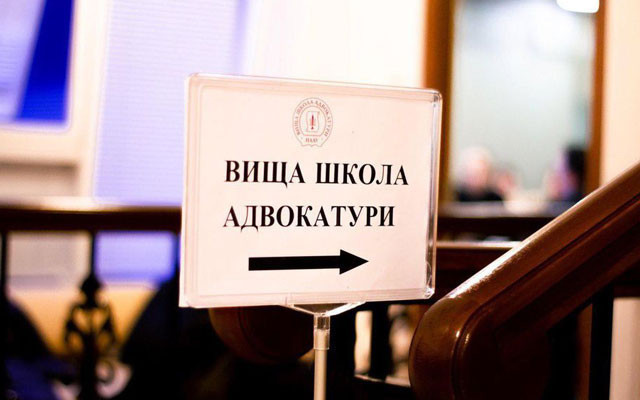
Advocacy
The BCU has removed controversial issues of training standards for young lawyers
The Procedure for the Continuing Legal Education of Advocates of Ukraine provides for special requirements for training in the first three years (after obtaining a certificate) of an advocate's practice. In practice, technical issues have arisen in the application of these requirements.
Publications

Ihor Kolesnykov A BRIEF SUMMARY REGARDING THE APPLICATION OF THE ORDER ON EXTENDED CONFISCATION IN LATVIA REGARDING FINANCIAL ASSETS OF…

Valentyn Gvozdiy WORKING IN A WAR ZONE

Lydia Izovitova Formula of perfection

Sergiy Vylkov Our judicial system is so built that courts do not trust advocates

Iryna Vasylyk Advocacy in the proclamation of Independence of Ukraine

Oleksandr DULSKY When we cross the border of the Supreme Anti-Corruption Court, we get into another department of the National Anti-Corruption…

Vadym Krasnyk The UNBA will work, and all obstacles and restrictions are only temporary inconveniences

Lydia Izovitova Interview with Lydia Izovitova on the occasion of the 8th anniversary of the founding of UNBA: We are the voice of t…
